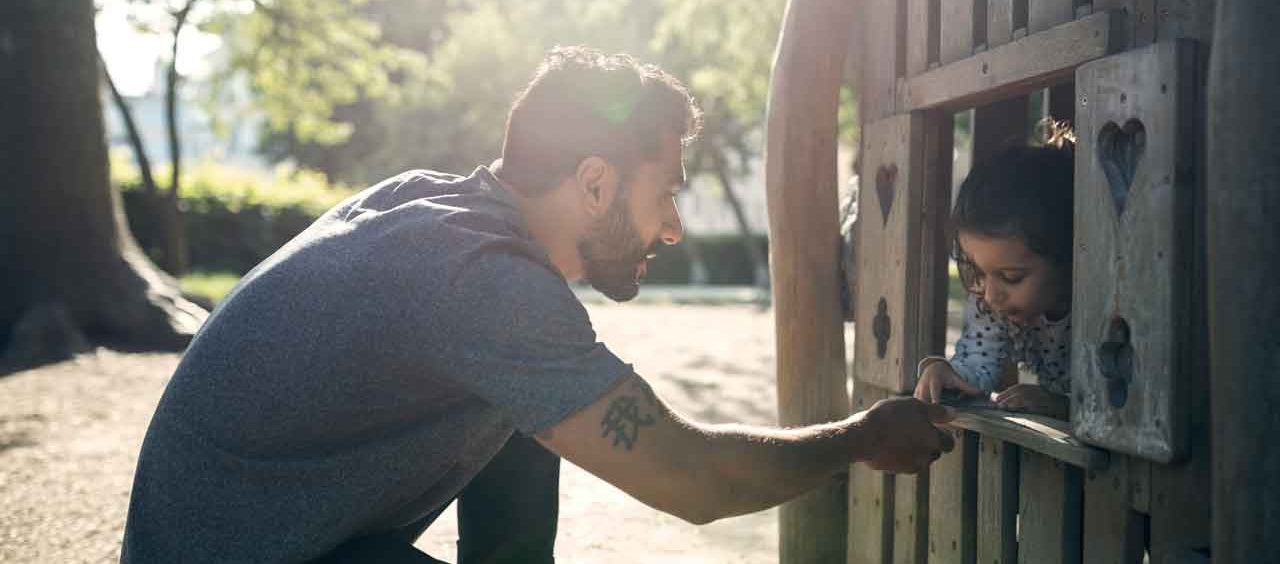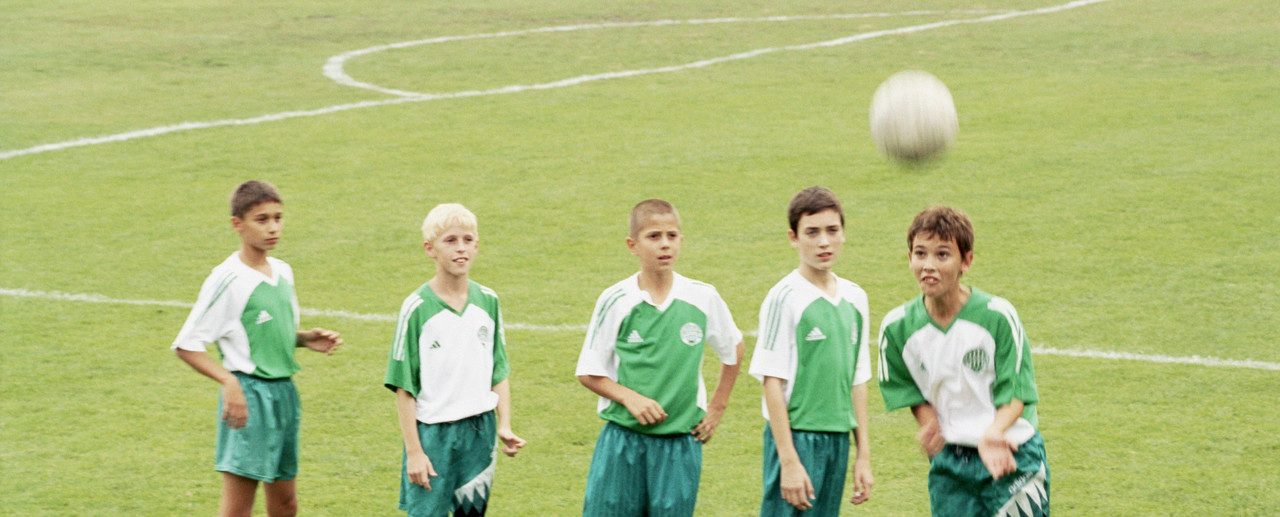February 23, 2018
The Dark Side of Supervising Your Child’s Play

You’ve heard the expression that “play is the work of childhood.” The problem right now is that this is really the case for many kids.
The idea is simple and yet profound. We’ve known for many decades that kids are wired for play. We don’t have to teach them to play. It’s in their DNA. It’s how they learn about the world, driven by a deep pleasure principle. And more recent research has documented how hands-on learning and child-driven exploration promotes deeper learning.
YOU MIGHT ALSO LIKE: Does Your Child Have Down Time?
In this model, adults can play a critically important supportive role. They can provide kids with many opportunities for play. And they can join in and model play as partners. Clever studies show that children are much more effective learners when adults model the exploration needed to take on new cognitive challenges rather than overtly instruct how to solve a problem.
Despite this continuously growing literature showing the importance of nurturing children as their own learners, we have evolved into a culture that prizes instruction. Constant instruction. About everything. All the time. At very young ages and beyond.
Why? I suppose the thinking is that is how kids get good at things … and we feel pressure for kids to find things they are really good at, at very young ages. Why? Hell if I know.
I’m not opposed to some instruction. Some coaching. Some lessons. But for everything? All the time? There’s a dark side here.
Let’s dial back to the idea that kids learn better exploring on their own. Kids can develop lots of skills by just banging on a drum or discovering that a keyboard makes interesting noises. They can have fun trying to throw and catch and kick a ball. They can dance around to music that moves them. A little guided exploration can go a long way – keeping in mind that modeling the exploration is the most effective way to teach.
Jumping in with exclusive formal instruction may produce some immediate results, but formalizing this too much and too early can in fact decrease motivation and inhibit the exploration necessary to fuel future engagement and enjoyment. Sure, right now there is some child prodigy playing piano at age 2 who will be a concert pianist someday. There are also a whole bunch of kids with musical interests and abilities who will take lessons until they are teenagers … and as soon as they leave the house never touch the instrument again because they learned to hate it. Play is the work of childhood, but when play begins to feel like work, both learning and motivation can be compromised.
Here’s another thing to think about. When kids are getting instructed, they are getting evaluated. Sometimes constantly. Does a 5-year-old need to be talked through every swing of the bat, every throw of the ball? Does a 7-year-old dancer need to be stopped every 20 seconds because she’s not pointing her toe in exactly the right way? Does an 8-year-old need to be told every time he hits the “wrong” note on the piano? Do we really need to provide that constant biomechanical feedback in childhood? Do we want to drill “perfection” or actually give kids tools to figure out for themselves how to get better at something?
All this supervision often cloaks criticism. Criticism is not the way to instill the confidence to keep at something and make incremental progress. Kids need to “just do it” most of the time, with a little guidance here and there to keep them moving along in a way that is pleasing to them. There will be plenty of time in the future to get “serious” about abilities and begin to focus on them in a more deliberate way. But keep in mind that the kids who will really be good at something will be “good” because they find some way of doing something different than everyone else. They’ll find their own special sauce of creativity in any domain that makes them stand out. They may even find that doing something “wrong” leads to them doing what hasn’t been done before. It’s more important to cultivate that spark rather than striving for useless perfection.
Let them play. Let them mess up. Let them figure it out. Let them enjoy the process. And be there to gently nurture all that. Let them engage in the work of childhood without it becoming actual work.
YOU MIGHT ALSO LIKE: SATs and Radar Guns: Our Obsession with Youth Performance


